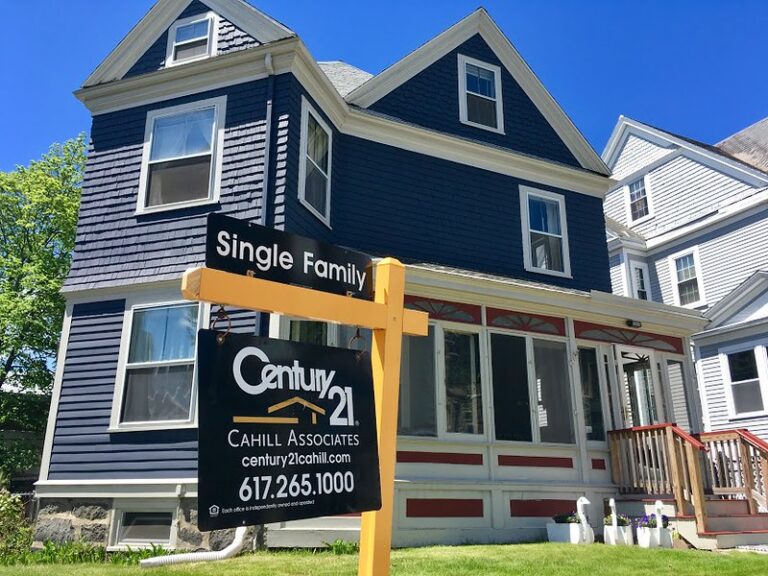
The plan will “advance their mission of facilitating equitable and sustainable access to homeownership.” – Director Sandra Thompson of FHFA
A new federal rule that would charge a higher interest rate and fees to home buyers with good credit to help subsidize those with poor credit goes into effect Monday.
The rule will also make it more expensive for borrowers to refinance and pull equity out of their homes to pay off consumer debt.
The Federal Housing Finance Agency announced in January it would increase Loan-Level Price Adjustment fees for mortgage borrowers with higher credit scores to help keep fees lower for those with worse credit.
Director Sandra Thompson of FHFA said the plan will “advance their mission of facilitating equitable and sustainable access to homeownership.”
The loan-level price adjustment is a fee assessed after bankers evaluate the risk of lending them money. The FHFA rule could cost those with better credit scores thousands of dollars on their loans, effectively punishing them for paying their bills.
Critics argue the rule shifts risk costs onto borrowers with better credit and will leave taxpayers on the hook if the plan leads to major economic issues.
For a buyer with a $500,000 purchase price who puts down the minimum down payment, a buyer with a 660 credit score will get a rate of about 6.25% while a buyer with a 740 score will pay 6.5%.
The rule has sparked a wide array of controversy, especially as critics point out Freddie Mae and Freddie Mac engaged in similar policies in their role in the 2008 financial crisis. That crisis put billions of dollars in financial burden on taxpayers via government bailouts.
Critics called the rule a “bailout” for those with poor credit, comparing it to student loan forgiveness.
“Rather than saddle those with scores 680 or lower with more debt, it’s far better to encourage them to re-establish credit,” Joel Griffith, an economic expert at the Heritage Foundation, told The Center Square. “Most people find themselves financially strapped at some point. A few years of consistent timely payments and debt paydown can help someone even emerging from bankruptcy attain scores at 680 or worse with a near 0% loan from FHA.”
Griffith also said the plan would drive up home prices, especially for starter homes, which are already experiencing the highest housing inflation.
Other critics argue this is part of a pattern in the Biden administration of using regulations to take from some and give to others.
“This mortgage rule is part of a pattern of Biden administration policies that force responsible consumers to subsidize irresponsible ones – from blanket student loan forgiveness that disregards those who already paid to the CFPB’s price controls on credit card late fees that would force those cardholders who pay on time to pay more,” John Berlau, director of Finance Policy for the Competitive Enterprise Institute, told The Center Square.
In response, U.S. Rep. Andy Biggs, R-Ariz., introduced the Responsible Borrowers Protection Act last week. Biggs’ measure would block the rule from going into effect, but will almost certainly not be passed before Monday if at all.
“The FHFA – led by a President Biden appointed director – is punishing financially responsible mortgage borrowers,” said Biggs, who has more than 30 lawmakers backing his bill. “Their agenda of equity over equality defies common sense and will endanger the stability of the housing market.”
Casey Harper
Go to Source
Reposted with permission